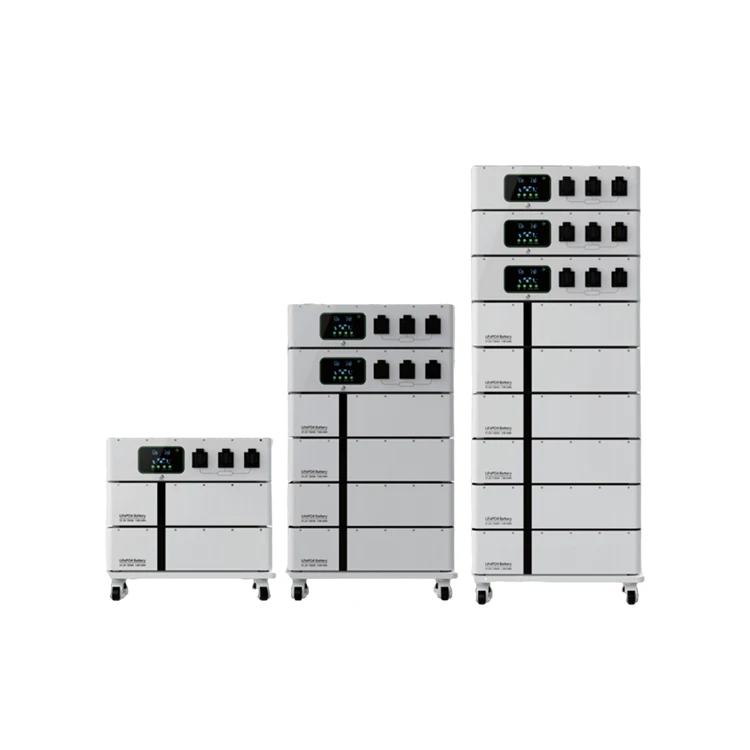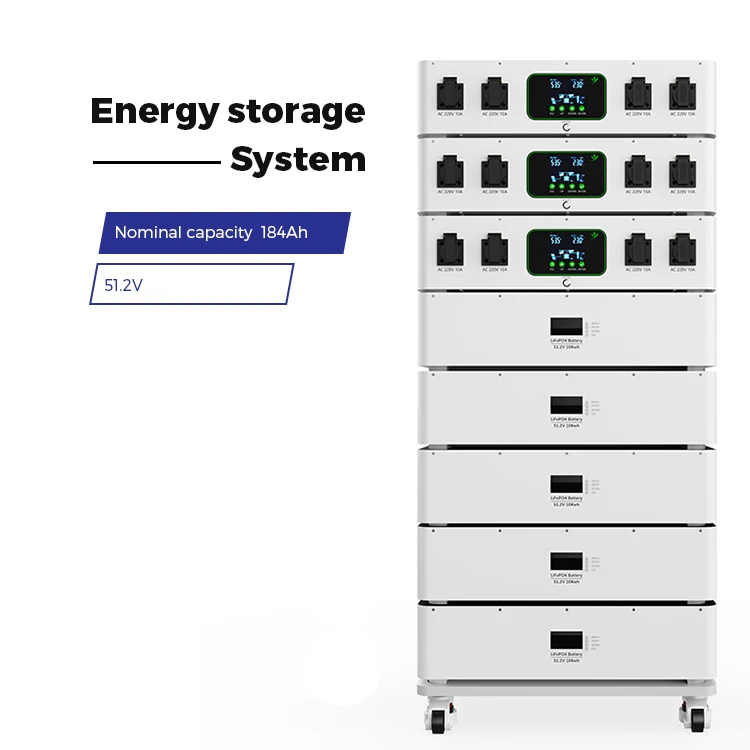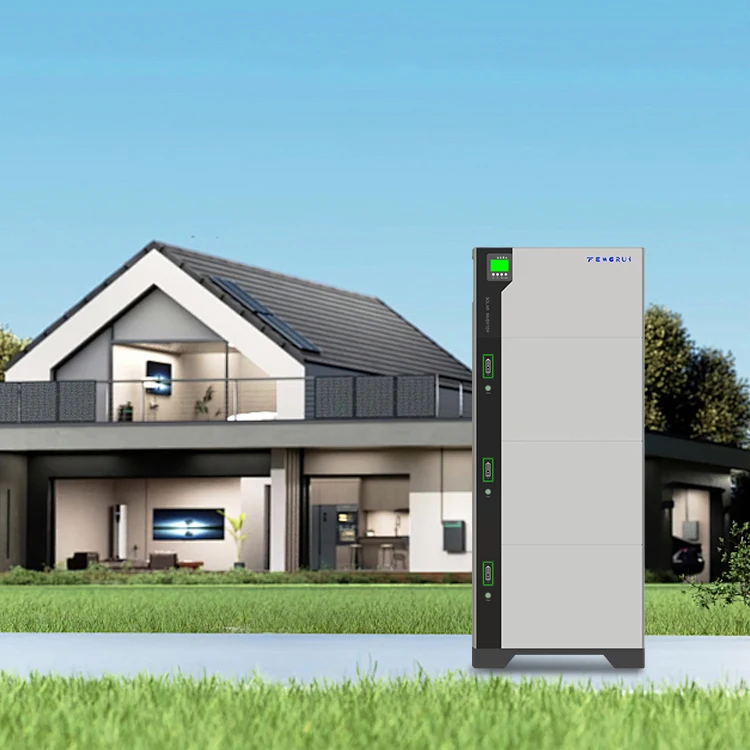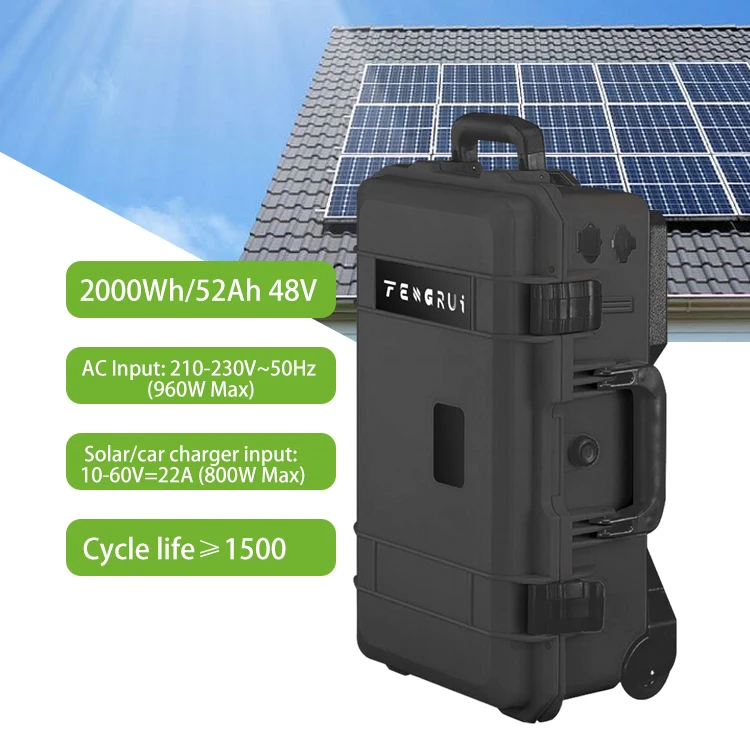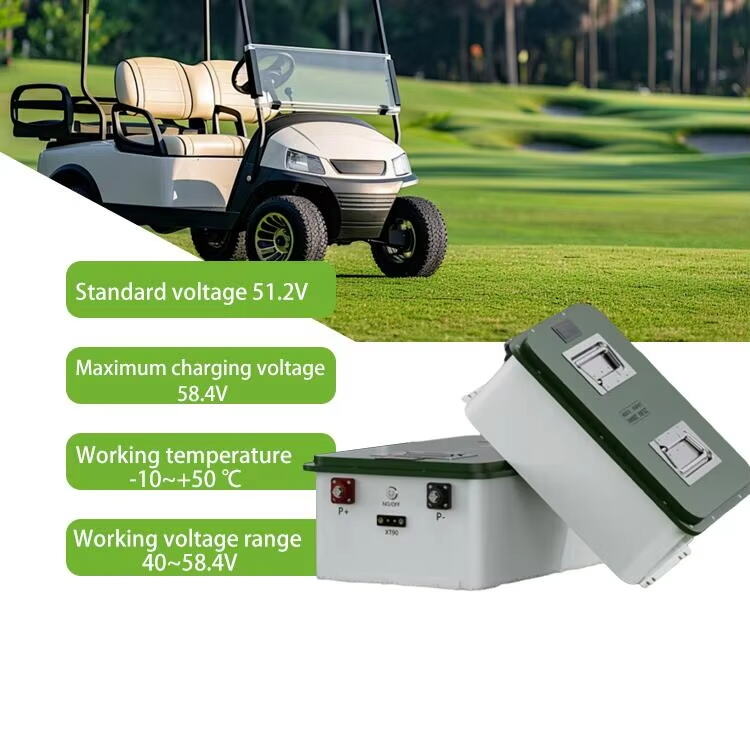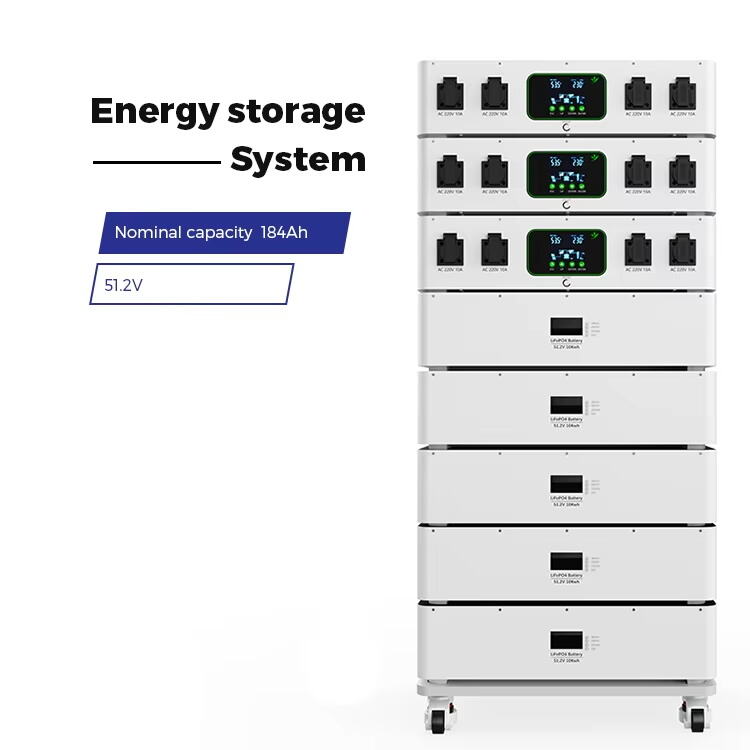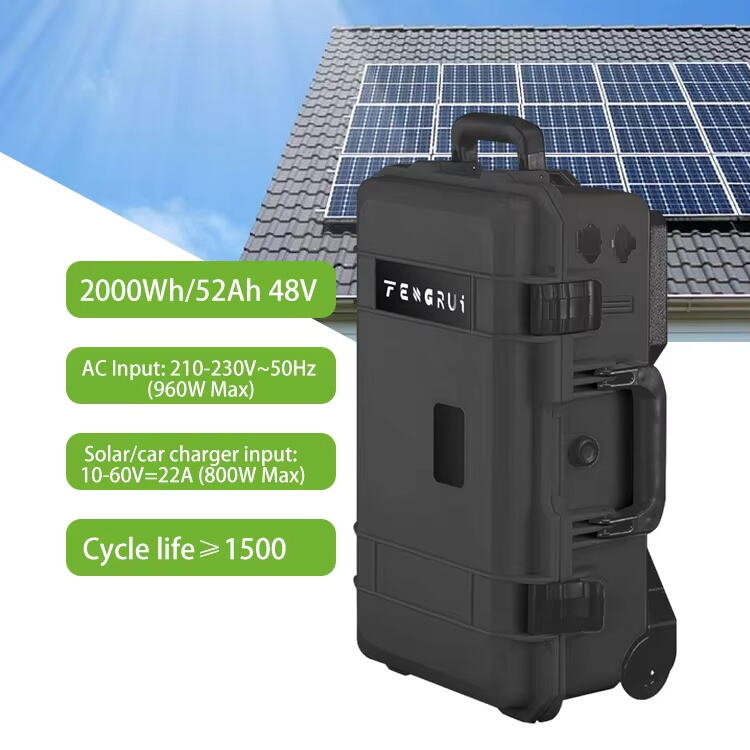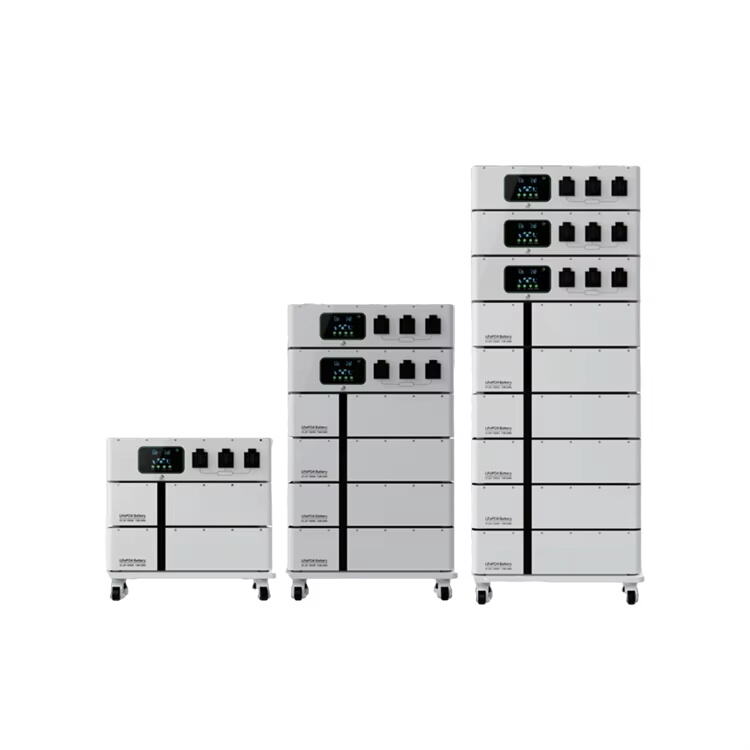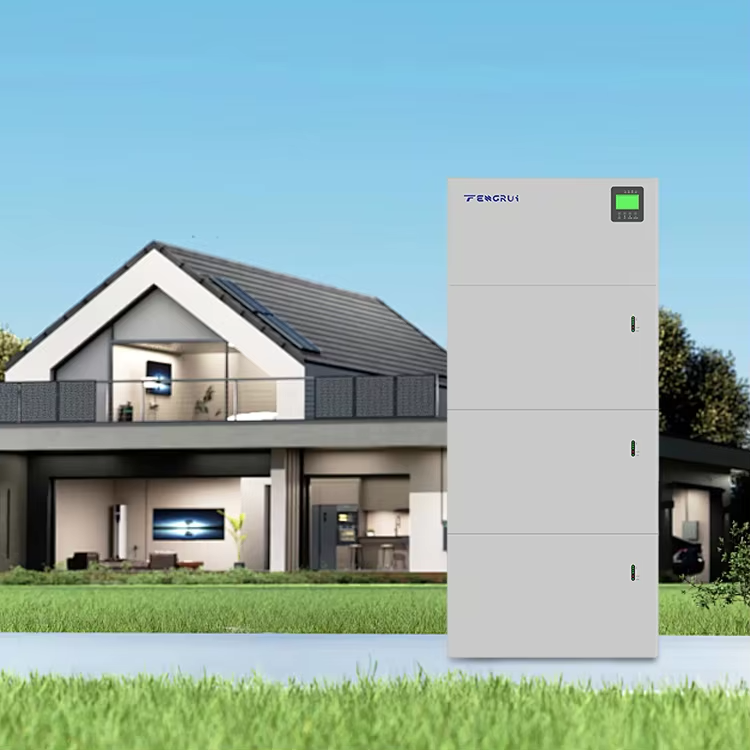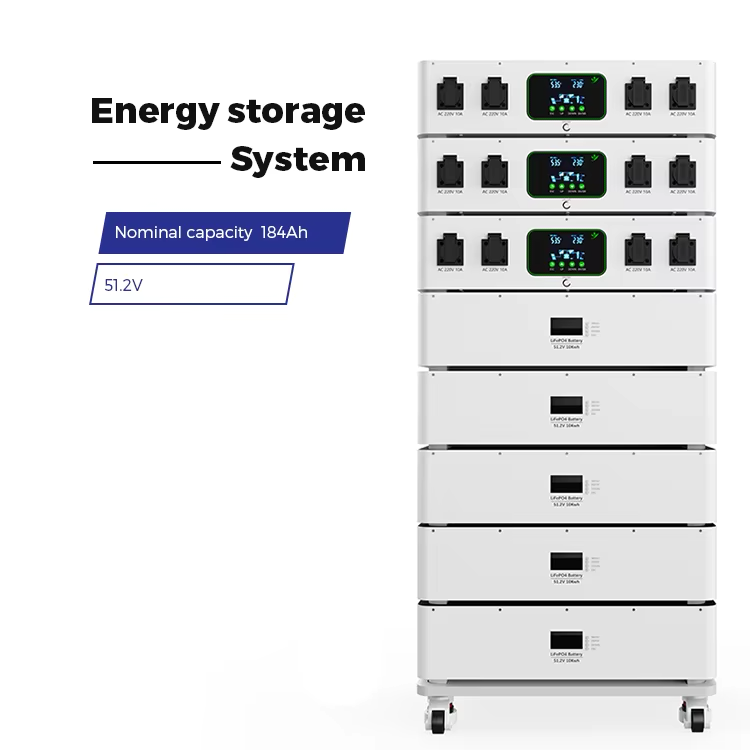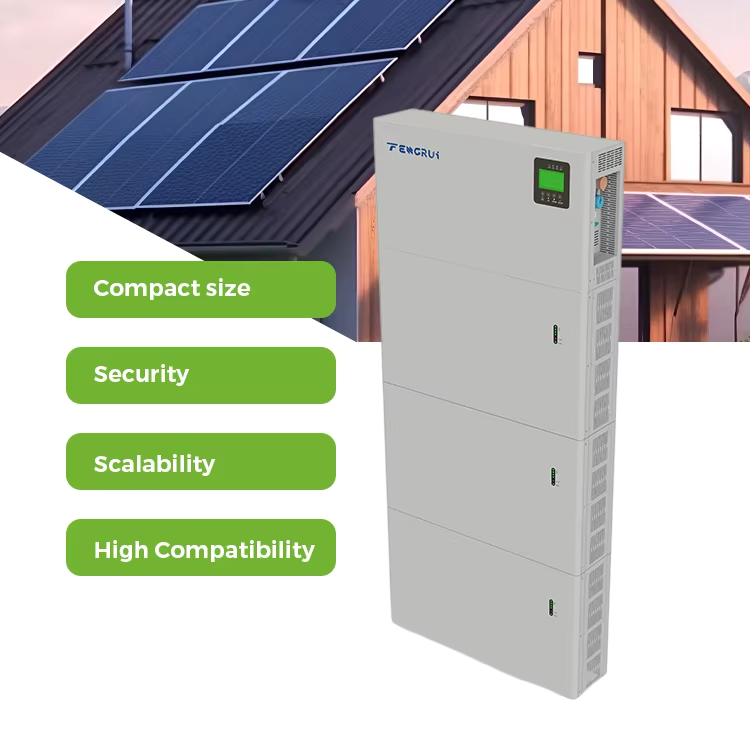residential solar battery storage
Residential solar battery storage systems represent a groundbreaking solution for homeowners seeking energy independence and sustainability. These advanced systems capture and store excess solar energy generated during peak sunlight hours, making it available for use during nighttime or cloudy periods. The technology comprises high-capacity lithium-ion batteries, sophisticated power inverters, and smart management systems that optimize energy flow. These systems seamlessly integrate with existing solar panel installations, creating a comprehensive home energy ecosystem. The batteries monitor household energy consumption patterns, automatically switching between stored power and grid electricity to maximize efficiency and savings. Modern residential battery storage units feature compact designs, weather-resistant housing, and modular configurations that can be scaled according to household needs. They typically offer capacities ranging from 5kWh to 15kWh, sufficient to power an average home during non-solar producing hours. Advanced monitoring capabilities allow homeowners to track energy production, storage, and consumption through user-friendly mobile apps. The systems also include safety features such as thermal management, overcharge protection, and emergency backup functionality during grid outages.

